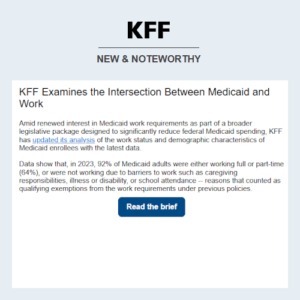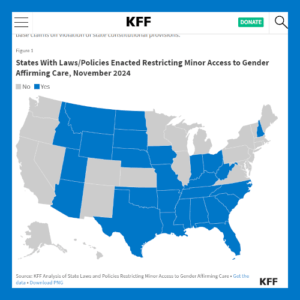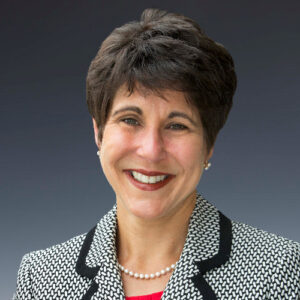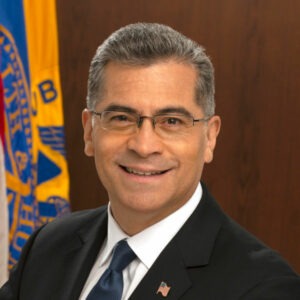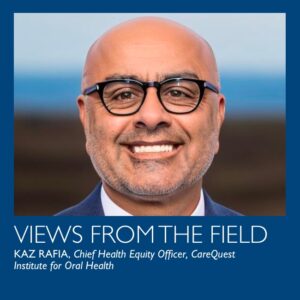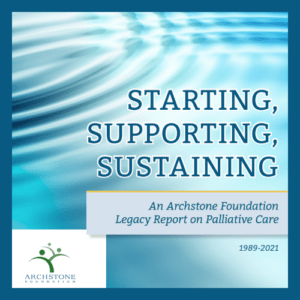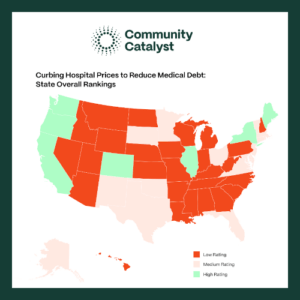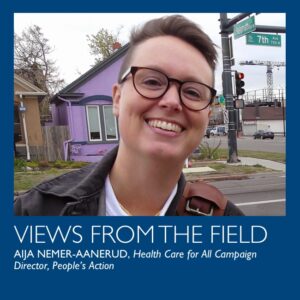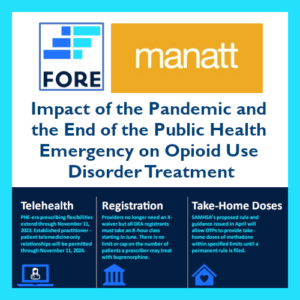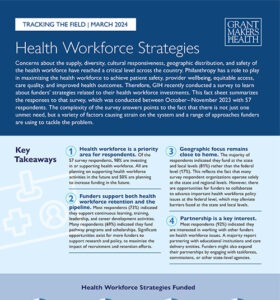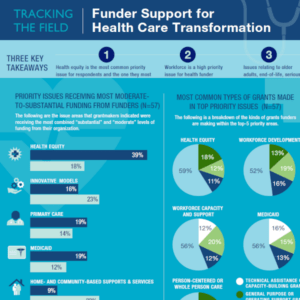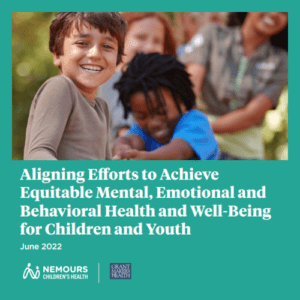Upcoming Events
Past Events
Featured Resources
Data Show That The Majority of Adult Medicaid Enrollees are Working
Amid renewed interest in Medicaid work requirements as part of a broader legislative package designed to significantly reduce federal Medicaid spending, KFF has updated its analysis of the work status and demographic characteristics of Medicaid enrollees with the latest data.
Youth Access to Gender Affirming Care at the Supreme Court: What to Know
Ahead of December 4 arguments in a Supreme Court case (U.S. v. Skrmetti) challenging the constitutionality of Tennessee restrictions for gender affirming care for minors, KFF explores the background of the case and potential rulings.
Explore Access and Quality Topics
Latest Resources
CareQuest Institute: August 2023
CareQuest Institute is offering 10 grants of up to $125,000 to fund projects that are working to address systemic barriers to oral health, including access to oral health, for people with disabilities.
Lessons from the Post-COVID Opioid Use Disorder Treatment Landscape
The Foundation for Opioid Response Efforts recently released a new issue brief, Impact of the Pandemic and the End of the Public Health Emergency on Opioid Use Disorder Treatment, that offers practical information on the current regulatory landscape of opioid use disorder treatment and lessons learned from the pandemic about what works to engage and keep people in treatment.
As More Americans Gain Health Care Coverage, Advocates Fight for Higher-Quality Insurance
People’s Action and our allies fought hard to win health care for millions through the Affordable Care Act and Medicaid expansion. 91 percent of Americans now have health insurance, even though there is still work to do to ensure everyone can get coverage, particularly immigrants and those living in holdout non-expansion states.
Publications and Reports
2024 Survey Summary: Health Workforce Strategies
Concerns about the supply, diversity, cultural responsiveness, geographic distribution, and safety of the health workforce have reached a critical level across the country. Philanthropy has a role to play in maximizing the health workforce to achieve patient safety, provider well-being, equitable access, care quality, and improved health outcomes. Therefore, GIH recently conducted a survey to learn about funders’ strategies related to their health workforce investments.
Funder Support for Health Care Transformation
This infographic summarizes the responses to a Grantmakers In Health funder poll, conducted October 2022, on how philanthropy is supporting health care transformation efforts, especially those concerned with improving quality of life, coordinating complex care, and taking patient preferences into account.

